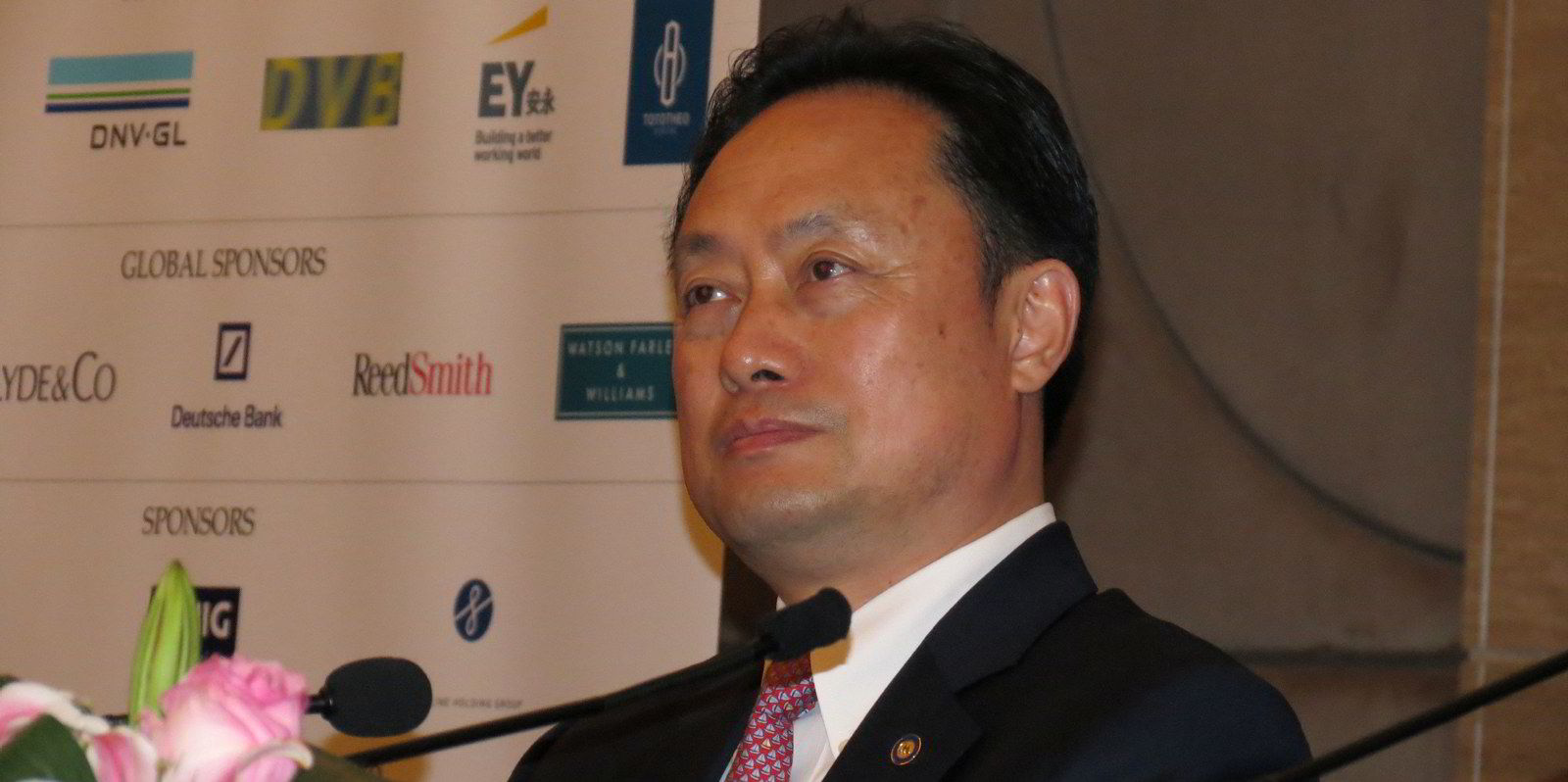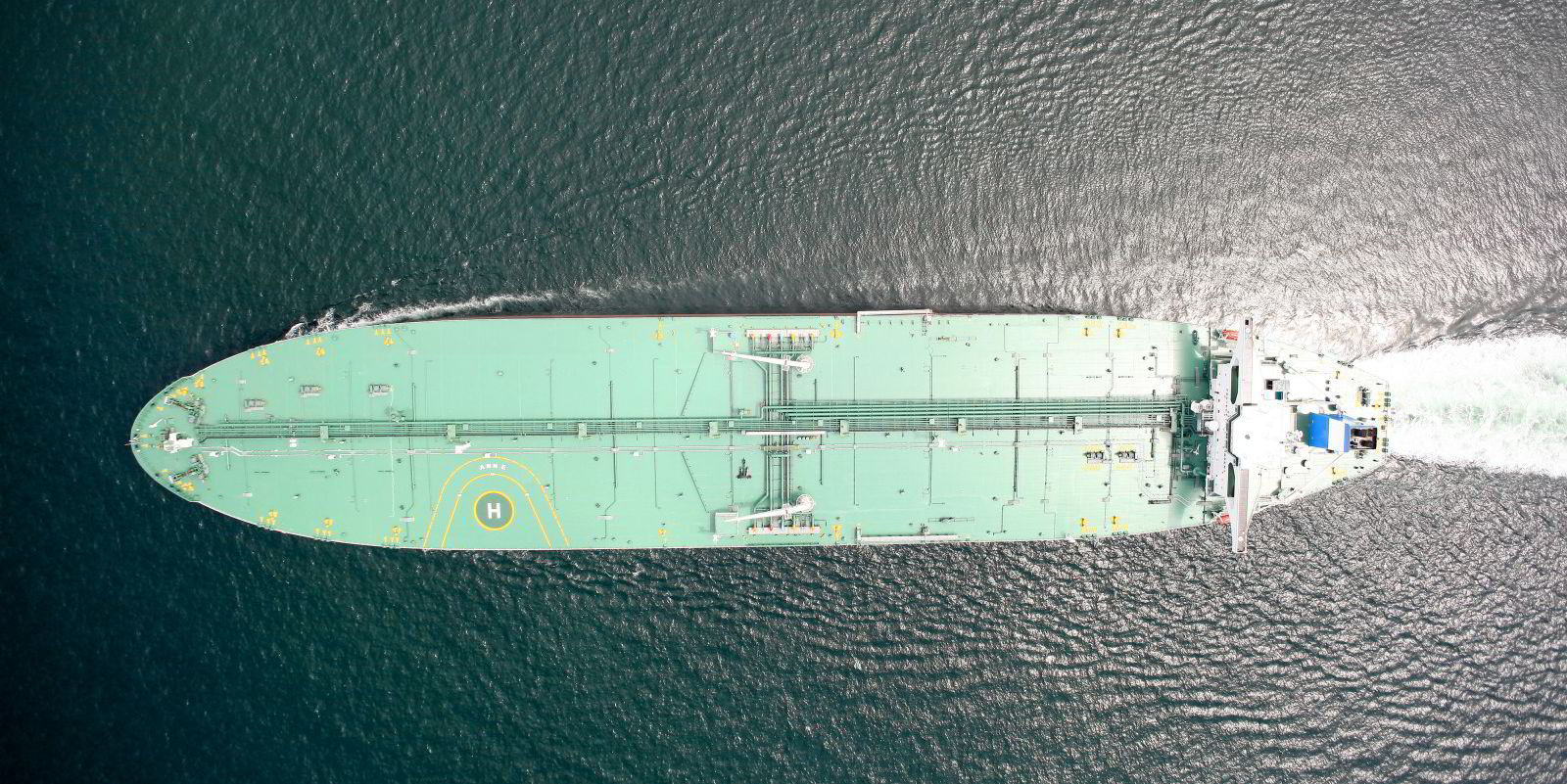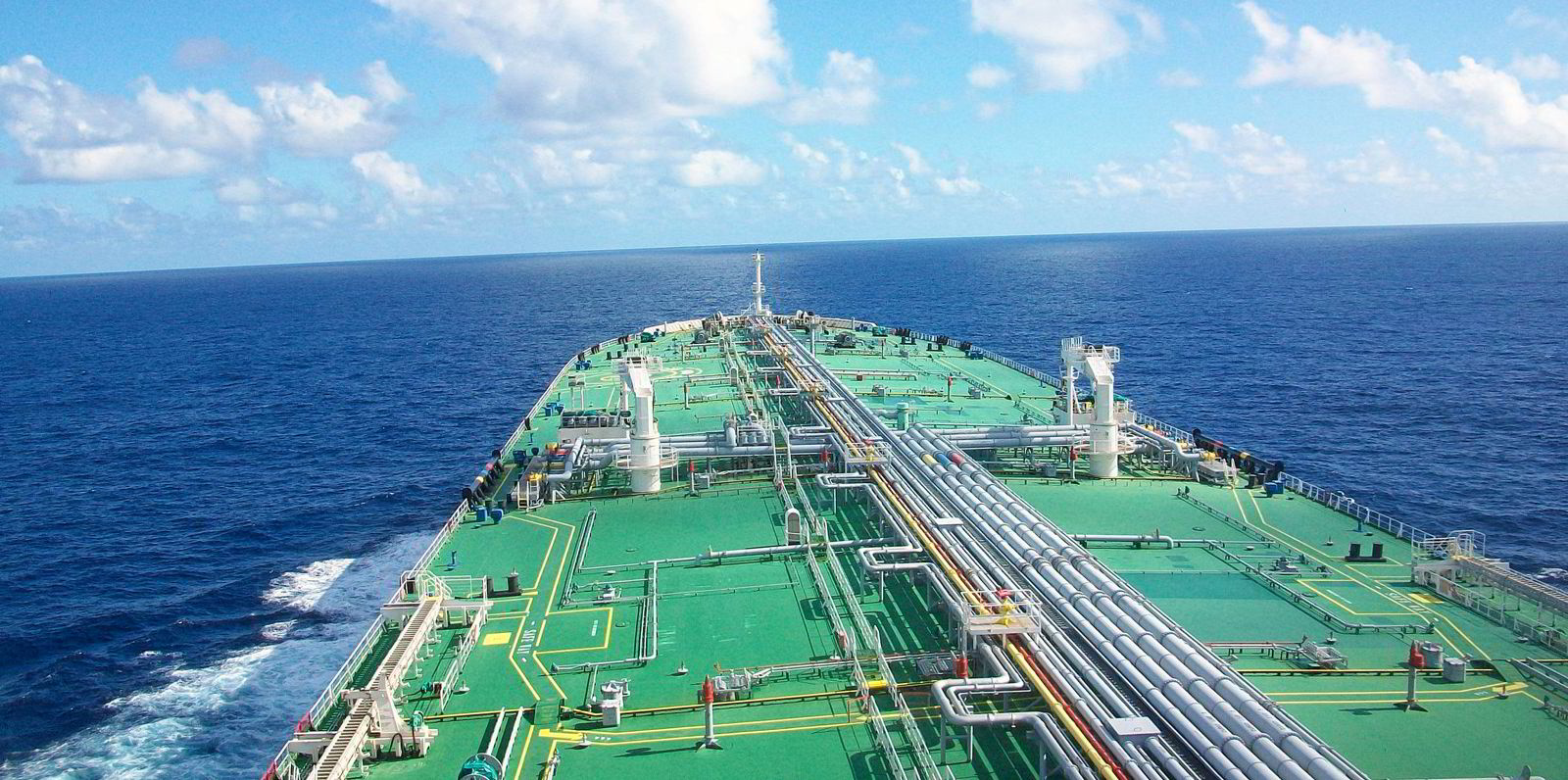Euronav and China Merchants Energy Shipping, two of the world’s largest crude tanker owners, are keeping their heads high despite stubbornly weak earnings.
Spot rates have struggled to stay above operating expenses for most tanker owners in the past few quarters, dragged down by tonnage oversupply and lacklustre shipping demand.
“We are very much stuck a little bit in the bottom. When you see the rates, they are very, very low,” Euronav chief executive Hugo De Stoop told an online conference held by Value Investor’s Edge.
“The market is cyclical. We are the bottom, and we don’t feel good about it.
“[But] when you look at the reasons why they’re so low, there are good reasons to believe that they will improve over time.”
The International Energy Agency estimated global oil demand would average 94.9m barrels per day (bpd) in the second quarter, which is still much lower than the pre-pandemic level of 99.7m bpd in 2019.
But analysts believe oil consumption will increase throughout 2021 amid mass vaccination in Europe and the US, prompting more demand to transport crude.
Separately, De Stoop attributed vessel oversupply to limited scrapping, with opaque players acquiring a large number of vintage ships for sanctioned trades.
Gibson Shipbrokers said up to 10% of the VLCC fleet and 6% of the suezmax fleet could be carrying Iranian and Venezuelan oil.
De Stoop said that in normal market circumstances, those vessels would have been scrapped in the past six to 12 months.
“In fact, they were sold to people who put up a scheme to avoid the sanctions,” he said. “So as far as the oversupply of the vessels is concerned, we believe that’s very much linked to the Iranian sanctions.”
But the US has been in talks with Tehran to revive an international nuclear deal, and if they succeed, Iran is expected to openly sell its oil soon.
“Those ships will no longer have a reason to exist, because the minute the sanctions are lifted, people will prefer to trade those barrels on a safe [fleet] — very modern ships being operated by decent operators that don’t have to hide,” De Stoop added.
Chinese tanker giant

China Merchants Energy Shipping, which owns more than 50 VLCCs, said its tanker earnings have been above the market average.
“While spot tanker rates have been in the doldrums since the second half of 2020, we have been increasing our exposure to time charters and contracts of affreightment,” spokesman Kong Kang told investors in an online forum.
“We have also been optimising our fleet, and more than 50% of our VLCCs are eco ships. Our VLCCs are younger than the market average, and the proportion of eco ships in our fleet is also higher than the market average.”
The Shanghai-listed company is due to take delivery of six VLCCs from Dalian Shipbuilding Industry Co this year and next, two of which will be equipped with wind propulsion and air lubrication technology.
“We will be well prepared for the recovery in the tanker market,” Kong said.






